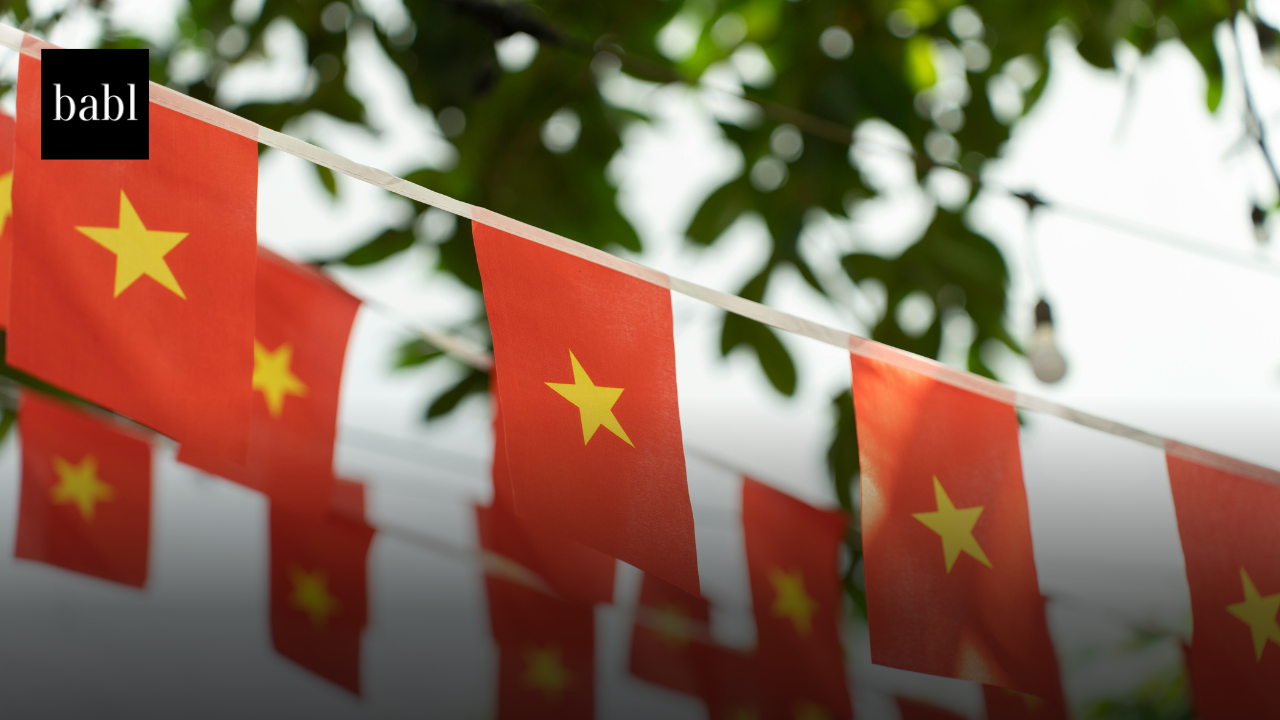Japan’s government is moving to support the creation of a homegrown artificial intelligence (AI) model, according to the Asia News Network. The goal is to reduce dependence on U.S. and Chinese systems and address security concerns tied to foreign-developed technologies.
According to officials, the initiative will pool Japanese data and expertise to build a generative AI system capable of producing highly reliable answers rooted in the nation’s culture, history, and institutions. The effort comes amid growing unease that reliance on overseas models could lead to sensitive data flowing abroad and the spread of inaccurate or biased information about Japan.
The National Institute of Information and Communications Technology (NICT) will contribute two decades of Japanese-language data, working in partnership with Tokyo-based AI company Preferred Networks. The government expects information technology provider Sakura Internet Inc. to host the model domestically through Japanese data centers, ensuring local control over infrastructure.
The Internal Affairs and Communications Ministry, along with the Economy, Trade and Industry Ministry, plans to back the project financially by supporting infrastructure development, recruiting top engineering talent, and securing high-quality training data. Central and local governments, as well as private companies, are expected to adopt the system once deployed.
Officials cite examples of potential risks from foreign models. In one case, China’s DeepSeek generative AI asserted that the disputed Senkaku Islands were part of China, sparking fears that reliance on overseas systems could undermine Japan’s positions on sensitive issues.
While Japan lags behind the U.S. and China in AI development capacity, the government hopes the project will establish a trustworthy, sovereign alternative for businesses and public institutions. By investing in a fully domestic large language model, Tokyo aims to strengthen digital independence while ensuring that AI output reflects Japanese perspectives.
Need Help?
If you’re concerned or have questions about how to navigate Japan’s, or any country’s, AI regulatory landscape, don’t hesitate to reach out to BABL AI. Their Audit Experts can offer valuable insight and ensure you’re informed and compliant.





